Dive into the heart of innovation. Boston startups are reshaping the business landscape, turning this historic city into a buzzing haven for trailblazers.
Beyond the cobblestone streets and colonial landmarks, you’ll find a fertile ground where ideas germinate at breakneck speed – thanks, in part, to world-renowned entities like MassChallenge and academics from MIT and Harvard University.
For you, the ambitious entrepreneur, understanding this milieu is not just beneficial; it’s crucial.
Throughout this article, expect to navigate the twists and turns of Boston’s entrepreneurial ecosystem.
We’re peeling back the layers of what makes Boston a tech titan’s dream. From the tight-knit community of innovators to the influx of venture capital, get set to uncover:
- Strategies to tap into Boston’s innovation district
- Networking in this vibrant startup culture
- Harnessing resources like the Cambridge Innovation Center
By the final punctuation mark, you’ll be armed with actionable insights on thriving within this Northeast innovation powerhouse.
Boston Startups
| Startup | Industry | Foundation Year | Key Product/Service | Known Co-Founder/CEO |
|---|---|---|---|---|
| Corvus Insurance | InsurTech | 2017 | Commercial insurance products powered by AI | Phil Edmundson |
| Indigo Ag | Agriculture Technology | 2014 | Sustainable farming solutions and microbial seed treatments | David Perry |
| CustomMade | E-commerce | 1996 | Marketplace for made-to-order goods | Mike Salguero |
| Robin | Software/Services | 2017 | Lawn care and landscaping services platform | Justin Crandall |
| LinkSquares | LegalTech | 2015 | AI-powered contract management and analysis software | Vishal Sunak |
| Drift | Marketing Technology | 2014 | Conversational marketing and sales platform | David Cancel |
| Ramp | Financial Services | 2019 | Corporate credit card and spend management platform | Eric Glyman |
| Mabl | DevOps | 2017 | Automated end-to-end testing services | Izzy Azeri, Dan Belcher |
| Circle | FinTech/Cryptocurrency | 2013 | Payments and financial infrastructure for internet businesses | Jeremy Allaire |
| Embedly | Web Development/Content | 2010 | API for embedding rich media into websites | Sean Creeley, Art Gibson |
| ezCater | Marketplace | 2007 | Online catering marketplace | Stefania Mallett |
| Transmit Security | Cybersecurity | 2014 | Identity Experience Platform | Mickey Boodaei, Rakesh Loonkar |
| Devo | Data Analytics/Security | 2011 | Cloud-native logging and security analytics | Walter Scott |
| SmarterTravel | Travel | 1999 | Online travel recommendations and deals | Braden Golub |
| Perch | Retail | 2016 | Interactive retail marketing technology | Trevor Sumner |
| Wanderu | Travel | 2011 | Ground travel search and booking engine | Polina Raygorodskaya |
| edX | Education | 2012 | Online courses and degree programs | Anant Agarwal |
| Hourwork | HRTech | 2018 | Recruitment and employee retention for hourly workers | N/A |
| Snyk | Cybersecurity | 2015 | Developer-first cloud native application security | Guy Podjarny |
| Tackle | E-commerce | 2012 | Online sports marketplace | N/A |
| Hometap | FinTech/Real Estate | 2017 | Home equity investment platform | Jeffrey Glass |
| 1upHealth | HealthTech | 2017 | Data interoperability platform for healthcare | Ricky Sahu |
| Algorand | Blockchain/Cryptocurrency | 2017 | Blockchain platform for the financial industry | Silvio Micali |
| Flipside | Analytics/Cryptocurrency | 2017 | Blockchain analytics for cryptocurrency organizations | Dave Balter |
| Thrasio | E-commerce | 2018 | Acquirer and operator of Amazon third-party businesses | Carlos Cashman |
| Tank Utility | IoT/Energy | 2014 | Propane delivery and management software | Amos Epstein |
Corvus Insurance

Corvus Insurance harnesses AI and big data for smarter insurance underwriting, helping brokers manage client risks effectively.
What they stand out for: Innovating Boston’s insurance tech scene with over $46M in funding, pioneering data-driven risk management.
Indigo Ag

Indigo Ag, an agtech startup, uses nature and digital tools to empower farmers and enhance sustainability.
What they stand out for: Leading in the Boston agtech ecosystem, boosting farmer prosperity through technology like Indigo Carbon and biotrinsic.
CustomMade

CustomMade is transforming online retail by connecting customers with local artisans for unique, made-to-order goods.
What they stand out for: Crafting a unique e-commerce experience with over $18M funding, championing bespoke goods in the New England entrepreneurs community.
Robin
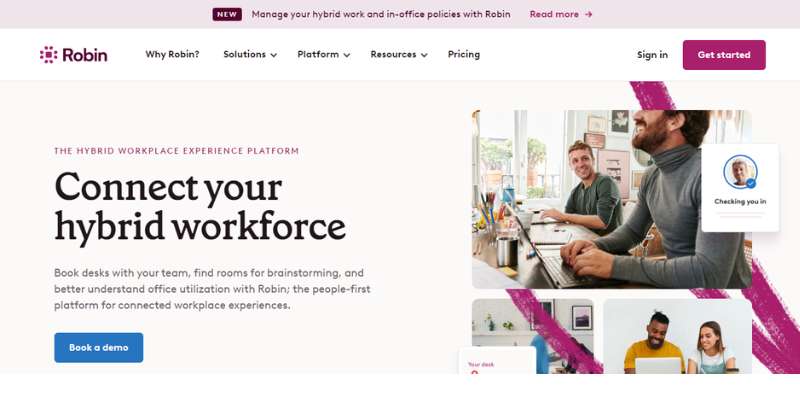
Robin redefines workspace management by connecting people and spaces through technology, embracing hybrid work.
What they stand out for: Innovative office management solutions, making Boston’s startup ecosystem more efficient with desk and space management tools.
LinkSquares
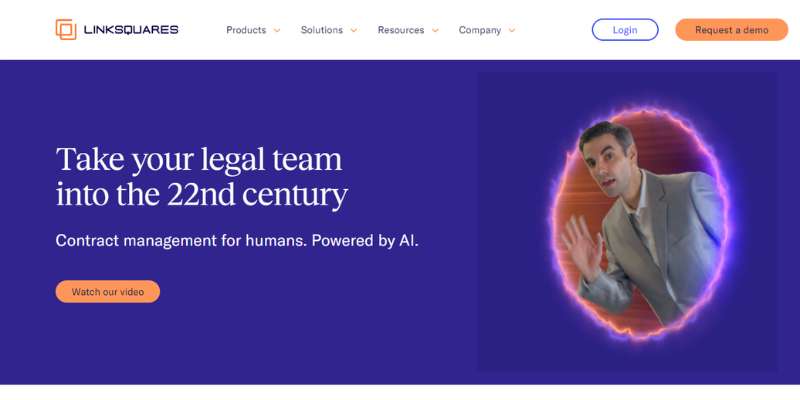
LinkSquares offers AI-driven contract management software, optimizing legal workflows for businesses.
What they stand out for: Streamlining Boston’s legal tech with over $161.5M in total funding, enhancing in-house legal team efficiency.
Drift
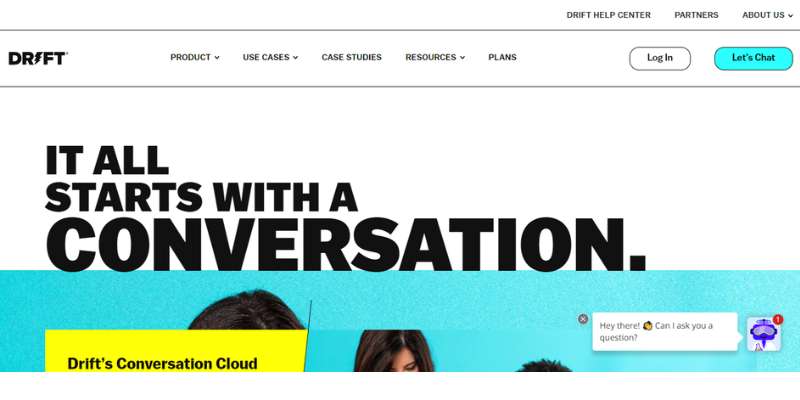
Drift revolutionizes customer communications with a conversational sales and marketing platform powered by AI.
What they stand out for: Empowering over 5,000 clients, as a Latino-founded tech unicorn, driving innovation in Boston’s digital marketing landscape.
Ramp
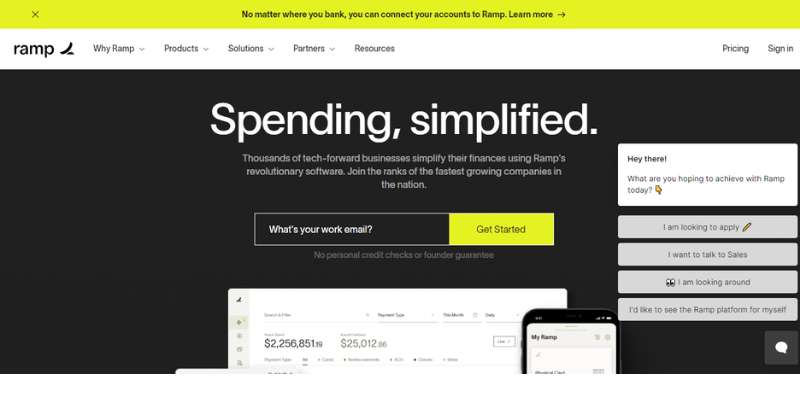
Ramp pioneers the finance automation platform, consolidating corporate cards and expense management.
What they stand out for: Achieving unicorn status, Ramp streamlines finances for businesses in Boston’s fintech companies cluster.
Mabl
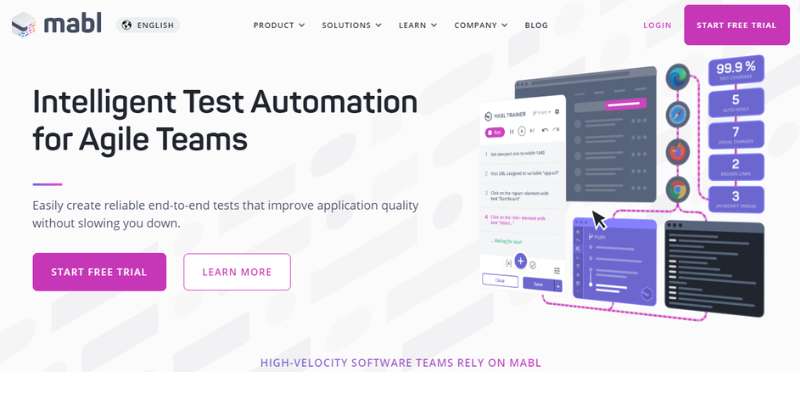
Mabl delivers automated UI testing through a DevOps platform, enabling developers to focus on creating better software.
What they stand out for: Advancing Boston’s tech startups list with $20M in Series B and a focus on improving the quality of software development.
Circle

Circle operates in the financial technology space, developing USD Coin (USDC) for secure and scalable digital currency transactions.
What they stand out for: Elevating Boston’s cryptocurrency and Blockchain presence, overseeing $1.4 trillion in transactions with their fast-growing digital dollar.
Embedly
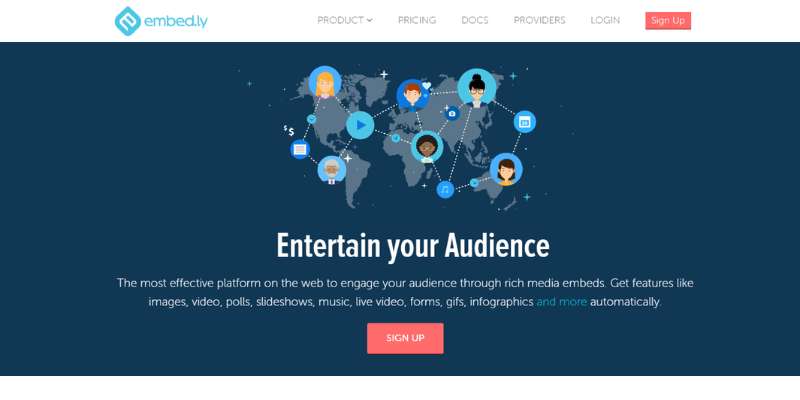
Embedly provides rich content embedding tools for websites, enhancing user engagement with compatible third-party media.
What they stand out for: Boosting media integration in web development in Boston, enabling analytics insights into user interactions.
ezCater
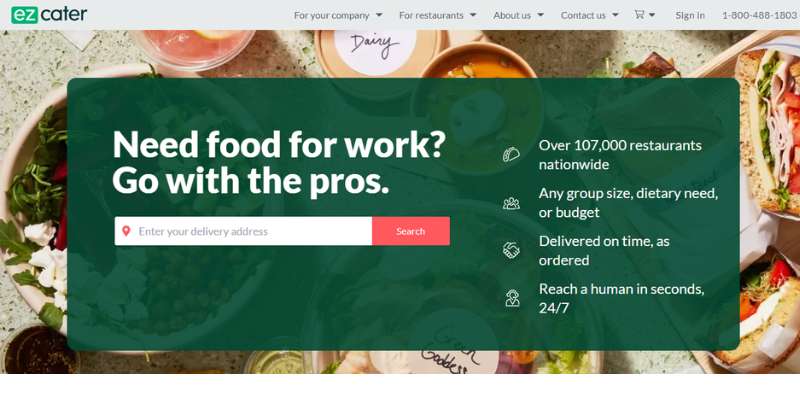
EzCater is the leading online catering marketplace, connecting businesses with local food providers for meetings and events.
What they stand out for: Enhancing Boston’s startup networking events, serving over 75,000 restaurants and caterers with top-tier customer service.
Transmit Security
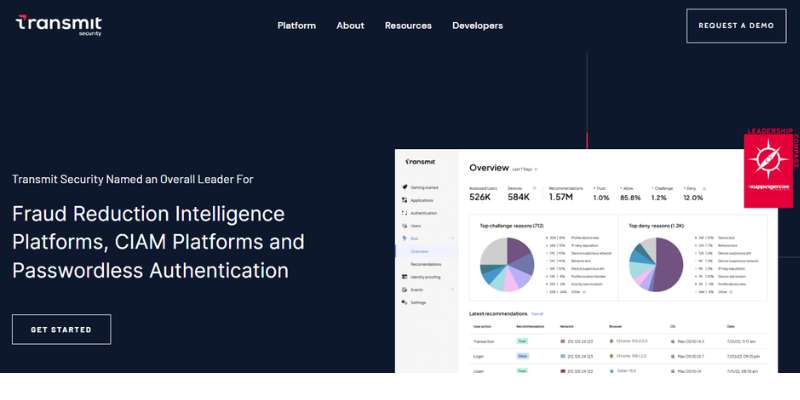
Transmit Security specializes in passwordless identity solutions, streamlining customer and employee authentication.
What they stand out for: Championing seamless digital experiences through cutting-edge CIAM, contributing to Boston’s cybersecurity landscape.
Devo
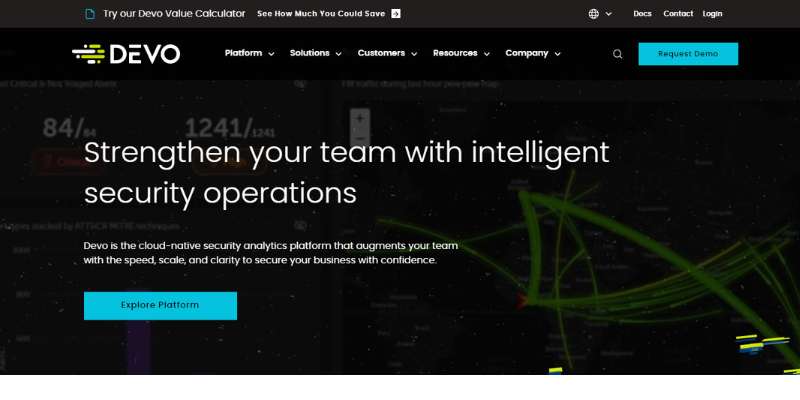
Devo is at the forefront of data operations, providing real-time analytics on streaming and historical data for enterprises.
What they stand out for: Powering business analytics and log management, Devo amplifies Boston’s big data and analytics capabilities.
SmarterTravel
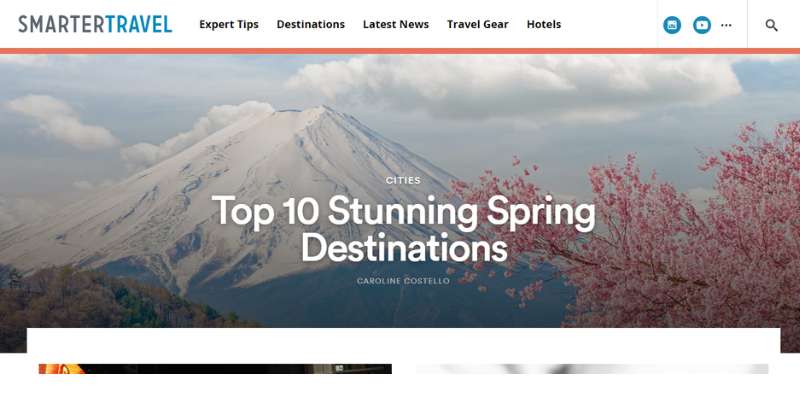
SmarterTravel offers travel insights and discounts, providing flexibility and rewards for global accommodation bookings.
What they stand out for: Cultivating travel and hospitality startups in MA, SmarterTravel makes hotel room bookings more rewarding for frequent travelers.
Perch
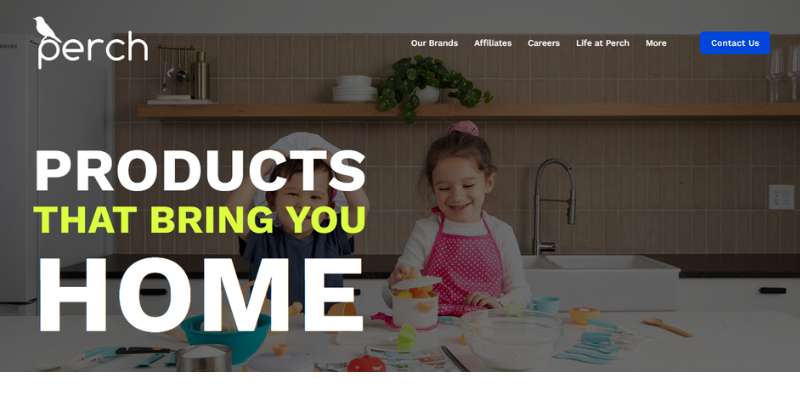
Perch acquires and grows top marketplace brands, leveraging data insights and logistics expertise to scale businesses.
What they stand out for: Innovating in Boston’s e-commerce field with significant venture capital backing, Perch redefines online retail success.
Wanderu
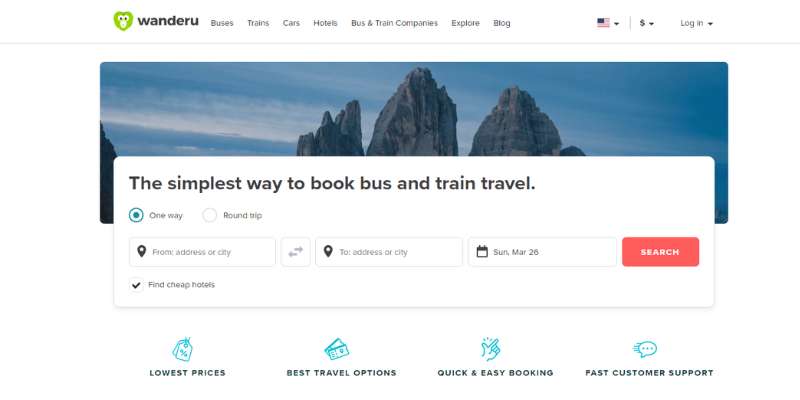
Wanderu is a travel tech company, streamlining the process of comparing and booking buses, trains, and flights across North America and Europe.
What they stand out for: Redefining eco-friendly travel in Boston’s tech scene, Wanderu makes alternative transport options accessible to the digital savvy.
edX
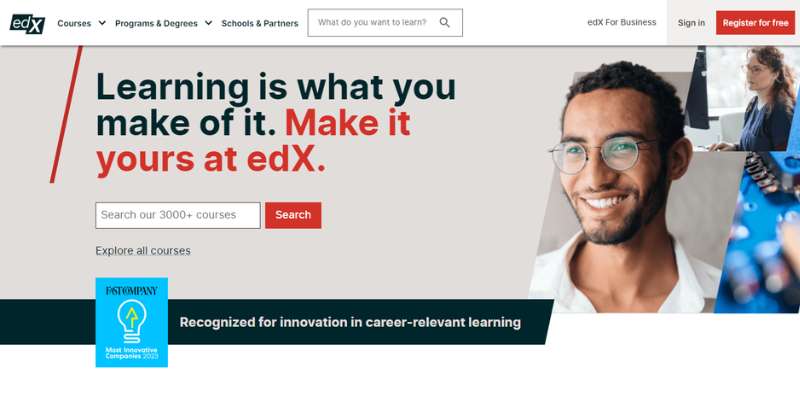
As an e-learning platform, edX partners with top universities and organizations to offer online courses and degrees.
What they stand out for: Enhancing the Boston startup culture with compelling educational content, edX supports lifelong learners globally.
Hourwork
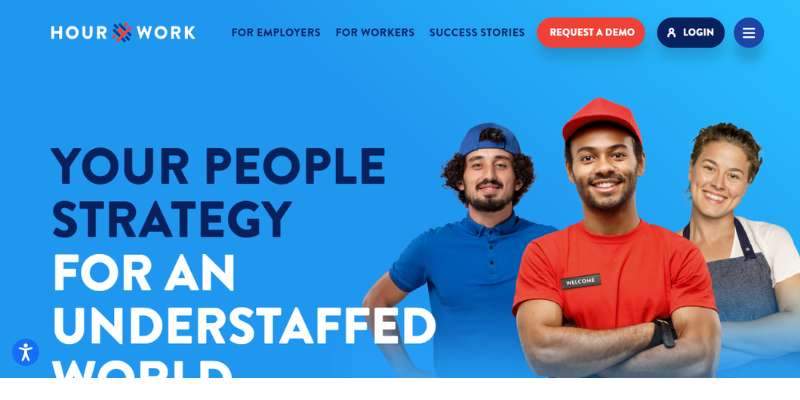
Hourwork streamlines recruitment and retention for hourly employees, addressing workforce challenges with innovative solutions.
What they stand out for: Addressing The Great Resignation’s impact, Hourwork is an up-and-coming player in Boston’s startup job opportunities market.
Snyk
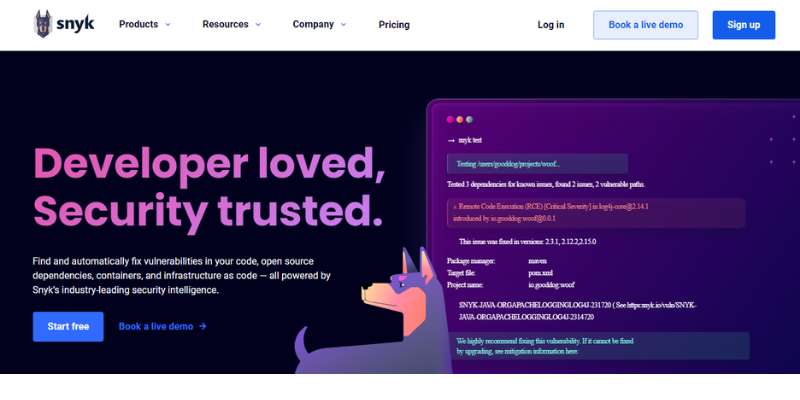
Snyk empowers developers with a security-focused platform, integrating easily into existing workflows and DevOps processes.
What they stand out for: Contributing to cybersecurity startups in Boston, Snyk is a leader in secure development practices for thriving tech businesses.
Tackle
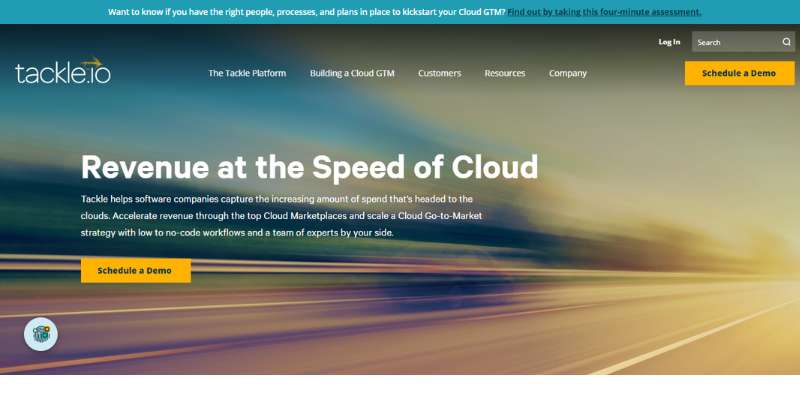
Tackle accelerates the process of launching and selling software on cloud marketplaces, with a special focus on revenue growth.
What they stand out for: Leveraging Boston’s thriving cloud services niche, Tackle simplifies market entry for SaaS companies in Massachusetts.
Hometap
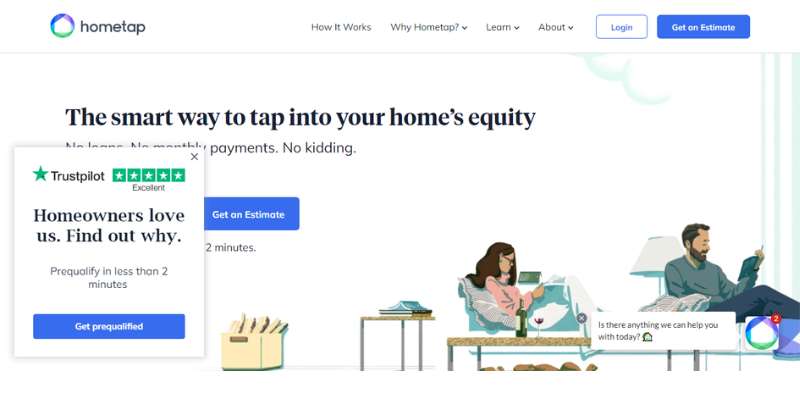
Hometap offers homeowners an alternative to traditional loans by investing in their home’s equity for a share in future appreciation.
What they stand out for: As part of Boston’s fintech revolution, Hometap provides innovative home equity solutions without additional debt.
1upHealth

1upHealth focuses on liberating healthcare data, enabling developers to build apps that directly interface with electronic health records (EHR).
What they stand out for: Driving healthtech innovation in MA with FHIR standards, 1upHealth promotes interoperability in digital health solutions.
Algorand

Algorand provides a safe and high-performance blockchain platform intended to power digital currencies and broader financial applications.
What they stand out for: Solidifying Boston’s place in blockchain innovation, Algorand demonstrates the scalability and security necessary for widespread adoption.
Flipside
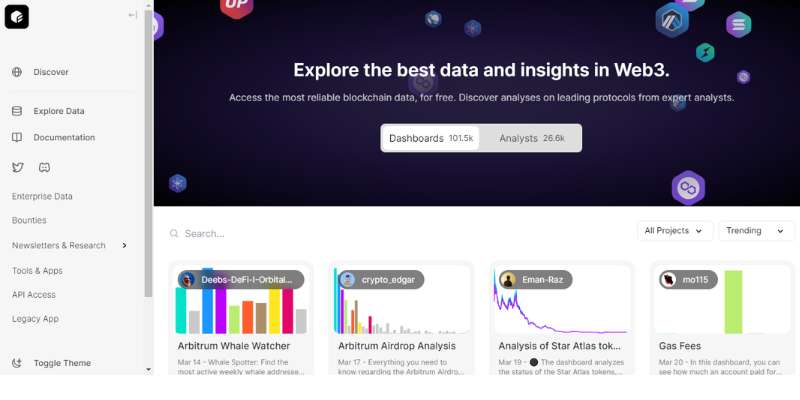
Flipside Crypto delivers blockchain analytics by decoding on-chain data, offering actionable insights to crypto businesses and stakeholders.
What they stand out for: Positioned at the intersection of Boston’s data analytics and cryptocurrency fields, Flipside informs strategic decisions in the blockchain space.
Thrasio

Thrasio acquires and scales Amazon third-party brands, streamlining their operations for optimal online retail success.
What they stand out for: A leading figure in the Boston startup accelerator landscape, Thrasio represents a new wave of consumer goods growth.
Tank Utility
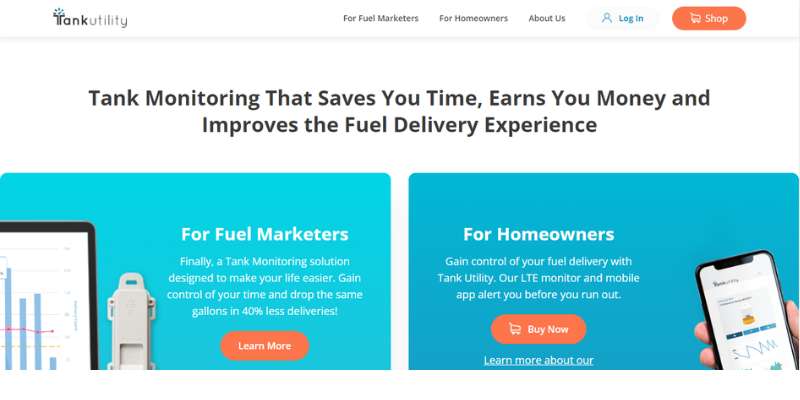
Tank Utility brings IoT solutions to energy delivery, offering real-time tank monitoring for optimized fuel distribution.
What they stand out for: As a winner of the Cleantech Open National Grand Award, Tank Utility is a forerunner in the Boston cleantech startups sector.
FAQ On Boston Startups
What’s fueling the growth of Boston startups?
There’s this electric current of innovation coursing through the city. It’s fed by brilliant minds from MIT and Harvard, plus ample venture capital fueling the machine.
Add a thriving culture of tech and biotech, and presto, you’ve got a recipe for dynamic startup acceleration.
How do Boston startups attract investors?
It’s like a magnetic field here. The startups not only have groundbreaking ideas but also the support from networks like the Boston Angel Investors Network.
Pitch events happen often, creating a stage where these startups and deep-pocketed investors do this intricate dance.
What sectors are prominent among Boston startups?
Think biotech and fintech; they’re the headliners, no doubt. Yet, there’s this underlying beat of healthtech, edtech, and cleantech startups strumming up impressive tunes.
It’s this diversity that gives Boston a unique edge in the industry.
Can you describe the support system for startups in Boston?
Imagine a nurturing cradle, that’s the Boston startup community. From coworking spaces like the Cambridge Innovation Center to accelerators like MassChallenge, it’s a haven for any startup.
Genuine mentorship, robust entrepreneurial networks, and heaps of industry events offer support that’s, frankly, top-notch.
What role do universities play in Boston’s startup scene?
Universities here aren’t just citadels of learning; they’re powerhouses driving the startup ecosystem. With brains to spare and innovative research, places like MIT hatch startups like chickens lay eggs.
Collaborations and student-led ventures seem to be the heartbeat of Boston’s entrepreneurial spirit.
What is the Boston startup culture like?
It’s like a continuous Mass Innovation Night: collaborative, energetic, smacking of ambition. Boston startup culture? It’s a melting pot, where jeans meet suits and ideas go swimming with capital.
Mix in work-life harmony, and you’ve got a culture that’s as inviting as a warm clam chowder.
Are there specific areas in Boston known for startups?
Indeed, places like Kendall Square and the Innovation District pulse with startup vibes.
Kendall is practically a byword for “biotech hub,” while the waterfront district is morphing into a sort of ‘Innovation Disneyland’ for creative minds looking to make waves.
What are the biggest challenges faced by Boston startups?
It’s not just a walk in the Boston Common. Startups face the classic tussles – securing funding, finding talent, and cutting through market noise.
Plus, navigating the tight ship of state regulations proves to be a high hurdle for many. Resilience? It’s mandatory here.
How has the COVID-19 pandemic affected Boston startups?
The pandemic hit like a nor’easter, but Boston’s startup scene showed grit. Some had to pivot quicker than a dancer’s spin, especially retail and restaurant tech.
Others, like healthtech and remote work solutions, rode the wave. It’s this adaptability that Boston startups have snuggly tucked in their belts.
What future developments are expected in the Boston startup ecosystem?
Gazing into the future, expect a surge in AI, machine learning, and clean energy innovations. Boston’s position as a pioneer city is only getting bolder.
With the city’s knack for reinvention and a hefty flow of venture capital, the horizon looks ripe with possibility for emerging companies.
Conclusion
So there we have it, a stroll through the vibrant streets of Boston’s startup ecosystem.
Boston startups aren’t just riding the innovation wave; they’re creating it. They’re standing on the shoulders of giants like MIT and Harvard, drawing from an abundant well of venture capital, and banding together in a culture of fierce collaboration – a true testament to the city’s historic spirit of revolution.
In the chapters we’ve unfolded, you’ve seen the spots lighting up on the map – the Innovation District and that bustling hive, Kendall Square. Shared spaces where minds and expertise collide, creating a kinetic energy that fuels growth and ambition.
As we wrap up, remember:
- Boston is a canvas for the bold.
- The network is rich with mentors and angel investors.
- Each challenge is a stepping stone to greater heights.
For the intrepid entrepreneur, Boston is not just a landmark city; it’s your launching pad to the stars. Keep pushing, keep innovating, and let Boston be the wind beneath your groundbreaking ideas.
If you liked this article about Boston startups, you should check out this article about Seattle startups.
There are also similar articles discussing Atlanta startups, Austin startups, Detroit startups, and Bay Area startups.
And let’s not forget about articles on New York City startups, Los Angeles startups, Israel startups, and Cincinnati startups.





